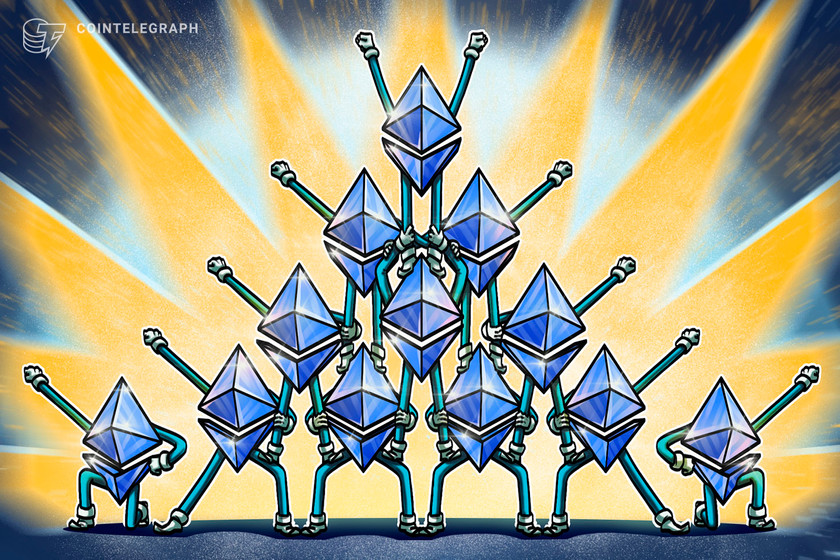$43K BTC flipping support? Not anytime soon, according to derivative metrics
Bitcoin (BTC) showed strength on March 22, posting a 5% gain and testing the $43,000 resistance. The move liquidated over $150 million worth of leverage short positions, those betting on a declining price using futures contracts.
Some Twitter analysts attribute the price improvement to the Do Kwon, the co-founder of blockchain protocol Terra. During a recent Twitter Spaces conversation with analyst Udi Wertheimer, Kwon revealed his plans to back the TerraUSD stablecoin with Bitcoin.
Terra’s co-founder said “the current clip that we have to buy Bitcoin is about $3 billion and will add to that,” causing markets to get agitated on March 21 when some observers attributed a $125 million Tether (USDT) transaction to Kwon.
Margin traders are still going long
Margin trading allows investors to borrow cryptocurrency to leverage their trading position, increasing returns. For example, one can buy cryptocurrencies by borrowing Tether and increasing their exposure.
On the other hand, Bitcoin borrowers can only short the cryptocurrency as they bet on its price declining. Unlike futures contracts, the balance between margin longs and shorts isn’t always matched.

The above chart shows that traders have been borrowing more BTC recently, as the ratio decreased from 15 on March 20 to the current 7.5. Even though the data remains bullish as the indicator favors stablecoin borrowing, it reached the lowest level since March 9. Considering crypto traders are usually bullish, a margin lending ratio below 3 is deemed unfavorable. Thus, the current level remains positive, just less confident than two days ago.
Option markets did not shift recently
Currently, it’s somewhat difficult to discern a direction in the market. Still, the 25% delta skew is a telling sign whenever arbitrage desks and market makers overcharge for upside or downside protection. The 25% delta skew compares similar call (buy) and put (sell) options. The metric will turn positive when fear is prevalent because the protective put options premium is higher than similar risk call options.
The skew indicator will move above 8% if traders fear a Bitcoin price crash. On the other hand, generalized excitement reflects a negative 8% skew.

As displayed above, we exited the 8% “fear” mode on March 9 and entered a neutral area since then. Still, Tuesday’s 5% rally was not enough to shift the options skew to a neutral-to-bullish zone.
Related: Bitcoin hash rate may see ‘small capitulation’ with difficulty set for new all-time high
Despite the not-so-positive indicator from Bitcoin options, these arbitrage desks and market makers will be forced to reverse bearish positions once the price breaks $45,000 and changes the current trend.
The OKX margin lending rate showed pro traders reducing their bullish bets after a 13% BTC price rally in 10 days, so derivatives data provides a slightly bearish view. For this reason, expecting a pump above $43,000 right now seems a bit too optimistic.
The views and opinions expressed here are solely those of the author and do not necessarily reflect the views of Cointelegraph. Every investment and trading move involves risk. You should conduct your own research when making a decision.









